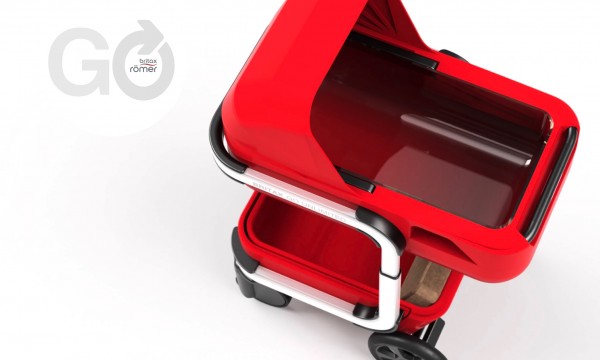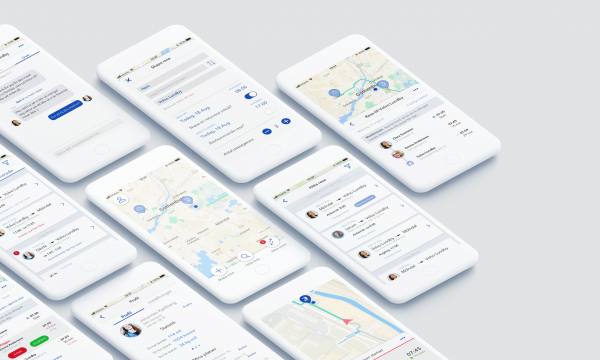
Name: Paul
Age: 27
Studies: Just started the second year at the Industrial Design Engineering master program
From: Delft, the Netherlands
Best student advice: Make sure to do stuff besides studying; organize events in a committee, join a board or something similar. It will teach you responsibility, how to solve problems in a group and other things you need to know in life that aren’t taught in lectures!
What did you do before you started the IDE master program?
At first I studied a bachelor program within aero space engineering at Delft University of Technology in the Netherlands. I realized however that I wanted to use more of my creative sides and develop myself in a different way than what was possible at that program. So after a few years I switched over to industrial design engineering at the same university and finished a bachelor degree within that field.
What made you apply for IDE at chalmers?
I had studied at the same place for several years in Delft and felt that I wanted to get out of Netherlands and get some international experience. I wanted to get to know a different culture as well which I figured would take longer time than just going on an exchange year or semester, so I decided to do my whole master somewhere instead. I researched some of the better universities in Europe and Chalmers was one of them!
How would you describe the IDE program for someone who hasn’t heard of it?
There are so many parts to it, but generally speaking industrial design engineering is the bridge between technology and the user. Designing a product, we have to find ways for how to communicate the technology and function of the product to the user in order for the product to fulfill it’s purpose. Knowing how the user works and how you embody the technology into a product is therefore very important when it comes to industrial design engineering. But it’s also about other things, like knowledge about what things make users utilize a product for a long period of time and how to position yourself as a brand in the industry are things. All of those different parts coming together is what industrial design engineering is.
What do you think is the best thing about your education?
For me it is meeting and working with new people from different cultures. I get to do that at my master program since many courses at IDE are project based. Seeing things from other peoples perspective gives you more insights to problems and how to solve them which I believe is good, especially as a designer or creative person.
What is the most challenging part of the education at your program?
It’s probably adjusting to being let go and to figure things out yourself. And to take responsibility for your own learning curve and challenges. But that’s the way it’s going to be later on in life when you’re out there working. No one is going to hold your hand and tell you exactly what to do so it’s a good thing being taught to figure things out by yourself.
What do you think the student life at Chalmers is like?
I have only lived in one other student city before, Delft, which is more of a student city similar to Uppsala or Lund. There are activities here for both students and international students, but a little less than I was used to living in Delft. I like however that the student life is very centralized in the student union here since their events bring the whole university together.
What is a typical day for you in school?
It usually starts around 8.30 with some project work. There are relatively few lectures at my program compared to the time we are expected to spend on our projects, so it’s usually some kind of group work. I usually have lunch with the other master students at the IDE program, and something that I really like about my master is that we all hang out a lot in and outside of school. We have this local called LofTDet, which is an area where people can study or just hang out together and being able to go there really helps creating a group feeling between the student at our program. After having lunch we go back to working in our group projects or attend lectures if there is one that day.
What are you planning on doing once you're done with your degree?
I haven’t made any plans yet, but I would like to find a job within UX, which shortly described is product development focused on user experience in digital products.


